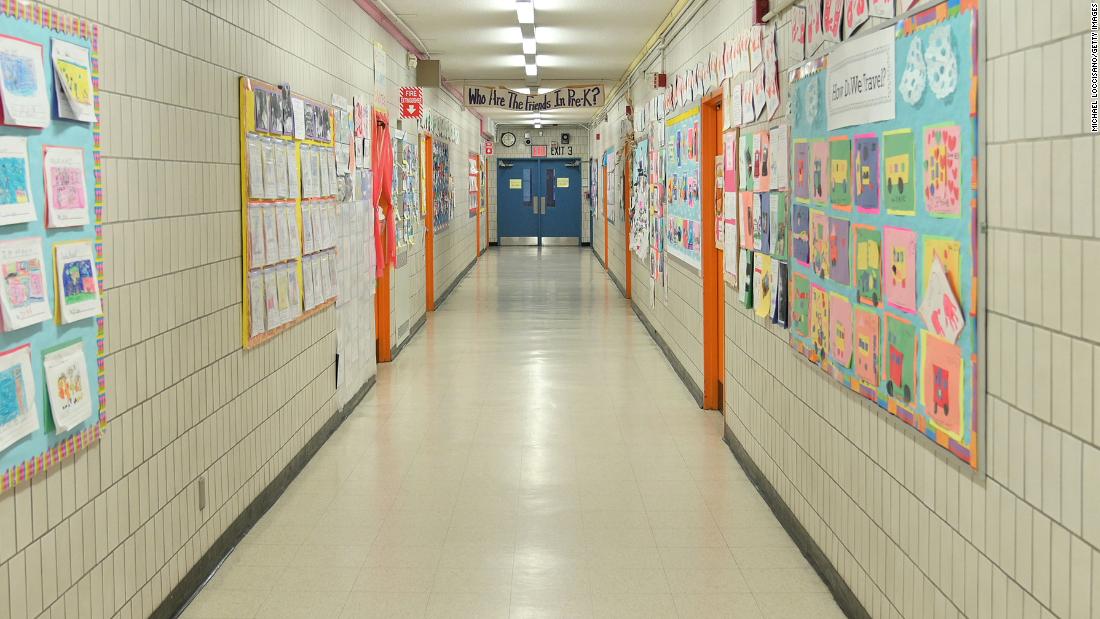
With remote or hybrid schools being the norm this fall, parents are increasingly worried about how much their children will learn in school and second-guessing their own abilities to help children learn. Affluent families are hiring private educators and some charitable organizations are providing low-income families access to academic support.
For middle class families, after-school tutoring companies such as Kumon, Sylvan, Mathnasium and others are increasingly popular. It was a near-billion dollar industry before the pandemic hit . Now, they are looking to provide a service geared to parents' anxieties during the pandemic. Before joining in, however, parents need to make sure that this supplemental education is right for their children. When it works, it works well. When it doesn't, the problems can be worse than not having done it at all.
I spent years with well over 100 middle-class families who pursued supplemental education for their children, along with teachers, center directors, and others for my book, Hyper Education: Why Good Schools, Good Grades, and Good Behavior Are Not Enough.
Parents who enrolled their kids in these programs said their children showed increased aptitude and confidence. They often said their kids solved math problems more quickly and made basic errors more infrequently. Parents also appreciated the value of hard work that extra academics seemed to instill. In other words, they often spoke with pride about their decisions.
But it remains unclear whether these programs actually benefitted the children. In fact, based on my investigations some teachers contend that tutored students can end up learning less over time than those who aren't. They can memorize facts or equations and make fewer errors on their homework but some may "have no idea" how to apply that knowledge, a middle-school teacher said to me. Another teacher commented, "I'll tell you, the (non-tutored) students get more out of class" because they do not have the presumption of already knowing the material. While tutored children have fewer errors on their homework, their understanding of concepts can lag.
Teachers saw more emotional and social problems among students who felt academic pressure. Stress and anxiety are no longer reserved for high school or even middle school students. A former kindergarten teacher shared her worries about her students: "The stress. Kindergarten stress—the crying (is) constant. I think the issue is that (families are) pushing them above and beyond, and not every child is ready for that."
Even if parents say to their children that they care most about their happiness and well-being, being enrolled in tutoring classes can send a different message. Because parents often underestimate how much stress their children experience, they can miss signs of problems and must be extra mindful about what signals they are communicating.
Kids' social relations can also suffer as they can appear more capable than their peers, and not only from being teased or bullied as so-called "nerds." Children who receive tutoring can also become aggressors. An elementary-school principal told me she sees some tutored children "flaunt their academic strengths in front of their classmates. So, they make other kids feel bad."
If children are unmotivated by tutoring, they come to see it and education more generally as a chore. A health specialist for a Boston area school district lamented to me, "The thing that breaks my heart is when I talked to high-school students about what do you like about school. (They) respond, 'Nothing. I hate it.'"
Treating learning as a transaction rather than appreciating its inherent value stems partly from the pedagogical techniques of some tutoring centers. One director shared that his company rewards children for doing well on their assignments. Older children lost interest in the rewards and had to be incentivized through "Amazon and iTunes gift cards." This encourages short-term commitment and enthusiasm, which makes parents feel good about their tutoring decisions, even if it had negative long-term ramifications.
It is not possible to completely avoid the problems associated with tutoring. But tutoring works better under certain conditions. The tutors must not only have significant knowledge of the subject, but they also should connect that to real-world situations. Tutors need strategies to make the students care about learning the information, and parents should inquire as to what those are. In addition, multiple hours of tutoring per week and very small tutor-to-student ratios have proven more effective.
Not all companies are the same. Parents should ask how long the instructors have been working with children and what kinds of training they have received. Asking for parent references who have been there for more than a year is appropriate.
Parents should serve as a bridge between the children's teachers and tutors, and the children should feel that there is a team of people who care about their learning and success.
If children are resistant to tutoring, parents should find ways to incorporate academic material in everyday interactions. For instance, parents I spoke with frequently asked their children to answer some quick math problems or vocabulary words while playing catch in the backyard or over dinner.
With so many concerns around remote instruction, it is understandable that parents want to supplement. This can be an excellent choice for many families who can afford it, but it can also carry significant drawbacks. Parents can learn from those already engaged in supplemental education and decide if the rewards outweigh the risks.
"choice" - Google News
September 22, 2020 at 05:10PM
https://ift.tt/300K2M1
The difficult choice about hiring a tutor for your children - CNN
"choice" - Google News
https://ift.tt/2WiOHpU
https://ift.tt/3c9nRHD
Bagikan Berita Ini














0 Response to "The difficult choice about hiring a tutor for your children - CNN"
Post a Comment